|
There are some amazing new movies coming out in April and May 2023. We're going to tell you about the four that have us ready to hit the cinema - Super Mario Bros, Indiana Jones and the Dial of Destiny, Fast X, and Are You There God? It's Me, Margret. Let us know what you want to go see in the comments below!
0 Comments
by Jenna Karmali and Fadi HaiderJenna and Fadi discuss a 2021 survey about the digital lives of Canadians in grades four through twelve, while offering their own perspectives about how they use digital devices. TranscriptJenna
Hello and welcome to the Zed news YYC podcast where young journalists from the Alexandra Writers Centre, passionate about creating balanced and engaging news that is relevant to us. We aim to keep the public informed highlight solutions, keep the powerful and check give voice to those who don't always get heard. Here today are Fadi, and I'm Jenna. We're going to talk about a survey looking at the digital lives of Canadians in grades four through twelve. Fadi Today's conversation was inspired by the report by Media Smarts in September to December of 2021. 1058 Canadians responded to the survey and there are several things of note. Jenna For example, 97% of the youth surveyed use the internet to communicate with friends and family. 70% use it to make plans to meet with someone offline. In what ways does screentime affects your friendships? Do you find that the Internet helps you build quality or quantity of friendships? Fadi It depends on how a person's use it as far as quality or quantity goes. I know for me, when I first started using social media to communicate with friends, I wanted to focus a lot more on the quantity of friendships. But as I matured a bit more, I realized that having good quality friendships with people that are close to you, to me — I find a lot more value in that, than I would find in a high quantity of friendships. Jenna Yeah, I mean, I don't really talk to most people in general, but I don't especially online. But I feel like it's extra important in order to like have a quality friendship or quantity of friendships, to have that in-person connection. Otherwise, there’s just this big disconnect, in my opinion. Fadi Outside of schoolwork, most respondents spend three plus hours per day on digital devices on the weekend. during weekdays, it's one to less than two hours. How much time do you spend online? Jenna I think I spent a lot of time online, not just with like schoolwork, but I also spend a lot of my extracurricular time online. Like, I enjoy just writing stories or journalism, like how I'm doing now. And I like just binging Netflix or reading online. So, I think that I’m definitely past that three hour on a weekend limit. How about you? Fadi Yeah, for me, that's totally fair. I think that I would spend less time on the weekdays as I'm a high school student, and my grades are a lot more important to me, especially on the weekdays. But on the weekends, especially if I've done my work, I can comfortably exceed six hours a day on digital devices, just relaxing, watching videos hanging out with friends and playing games. Jenna Did you know that 25% of youth have set aside full days or longer when the use of devices is prohibited? Do you designate days off of screens? Fadi I do not designate days off of screens. Personally, I think that finding balance between using your screen all day and having days off, I find that's a bit extreme. What I would rather do is just set certain hours of the day where you shouldn't be using your screen. For me those hours probably should be the first hour of the day and the last hour of the day. At the very least. This way you can find balance between every day and you're not jumping between having your screen on all the time and having it completely off. What about you? Jenna I agree to an extent, but I prefer just like using it out of necessity. Like, I find working on screens, if it's not for schoolwork, it's more of like a leisure activity. So, when I'm not like doing my homework or I'm not like in class or something, then I'll definitely just be using that as like a treat or for free time. Fadi That's definitely fair. I think using screen time as a treat is a valid way for you to balance how much work you put in versus how much relaxing you're doing. Here's some more facts of what youth are doing online. The most popular social media sites according to a survey, in order, is YouTube with 50% of youths using it. Tik Tok with 42. Instagram with 38. Facebook 37. Snapchat 20. Twitter 15 and Netflix is only 9%. Discord is 7% and Disney is 3%. What platforms do you use most often? Which ones are your favourite? Jenna I'd say that I definitely agree with YouTube and Tiktok being towards the top. However, I'm like really shocked that Facebook is above Snapchat and Twitter and Netflix and Discord. That seems a bit ridiculous in my opinion. If I was bringing them on mine then Netflix would be a lot higher and Disney too. That's the biggest differences for me. What about you? Fadi For me? You have to also take into account that this also includes a younger audience. So, for example, the use of YouTube and Tik Tok is probably much higher in that younger audience from grade four to I'd say about grade eight than it would be in high schoolers, which I believe more than 28% of high schoolers would be using Snapchat and Instagram. For me, the platforms I use most often are most likely YouTube I love watching YouTube videos to learn information about things that I want to know about because that's what I find the best way to learn. And another platform I use a lot is Discord because it allows me to communicate with my friends without being one on one and I can hang out and call with a bunch of friends at the same time and do things together. Jenna That's very interesting. Did you know that 40% of youth organized activities that don't use screens? What else did we learn about how people our age are using the internet in the survey? Fadi Organizing activities that don't require screens is important for helping us understand that the internet isn't everything about life and that at one point, people did enjoy their time without using the Internet all the time. For example, sports activities are a great way to do this. Spending time in nature and with friends are great ways to have quality time without using screens. Jenna Personally, I couldn't fathom spending time like away from it that much. Like before, in the before times when people had liked phones that look like hair dryers and stuff I wouldn't be able to manage. I would suffer immediately if I was Marty McFly. Fadi That's fair. I feel like, especially in this age, the whole world revolves around the internet and staying away from it for an extended period of time definitely does have an impact on a person. Another fact is that among users with smartphones. 17% said that they've pranked or trolled someone while 10% said they cheated on the test at school. What do we think about this? Jenna I think that 10% is a bit of a ridiculous statistic. I don't feel like that many people, at least in my school environment would cheat on a test. Fadi I definitely go to a different school environment than what you have. And I totally agree with that. 10% seems rather high for cheating on a test at school especially. Jenna Nine out of ten youth have household rules such as treating people with respect, telling the parent or guardian about uncomfortable online situations, prohibiting certain websites, and not posting contact info to strangers. What are your opinions of this? Fadi This is totally fair. I believe that especially when you're first getting introduced to having your own smartphone or using the web by yourself, there definitely should be outlines that help someone become more accustomed to using the internet. Not to mention this also helps build good habits for later on down the line when most youth experience more independence and using the internet. Another fact that I found really interesting was that racialized versus Caucasian youth have different limits regarding screen time — racialized youth 36% versus Caucasian youth 30% are more likely to experience screen time limits. How do you think this affects their mental state? Jenna I think that on one hand, it seems entirely fair that some people get screentime limits. And I don't think that it might always have something to do with race. But on the other hand, I feel like it's perfectly playing into some of the stereotypes you see on TV with like strict parents from other countries and then the chill white parents. So, I feel like it's somewhat believable. But considering it's only a 6% difference, I don't think it's that big. Fadi I feel like the more and more we progress towards a more internet-centric world, the more this gap is going to start to close. Jenna Finally, 14% of youth said that they would be relieved or happy if they were unable to go online, other than for schoolwork for a week. According to Media Smarts, 44% of youth worried they spend too much time online. Over 59% would be unhappy if they had to go offline for a week. Do you think you'd be able to survive a week offline? Fadi I think I would personally be able to survive a week offline pretty well. Outside of schoolwork, I don't spend too much time doing other things on my devices outside of weekends, because weekends are my time off and that's where I spend time entertaining myself. So, for me, that would essentially just be a weekend where I couldn't go online. So that would make it a lot more bearable for me. What about you? Jenna I wouldn't be able to tolerate it. Like I'd survive physically, but not emotionally in the slightest. I wouldn't be able to tolerate a single week without my screens. You've been listening to the Zed news YYC podcast. This episode is produced by Fadi and I, at the Alexandria Writers Centre community in Calgary. For more news journalism, visit our website at www.zednewsyyc.weebly.com. Thank you. Heather: Hello and welcome to the Zed News YYC podcast. We are young journalists from the Alexandra Writers Centre passionate about creating balanced and engaging news that is relevant to us. We aim to keep the public informed, highlight solutions, keep the powerful in check, and give voice to those who don’t always get heard. Our reporters here today are Kate, Silvana, Kristina, Lucas, and I’m your host, Heather. Today’s issue is about wage gaps for teens. Kate is here to explain when teens started to get paid less minimum wage. Kate, could you please tell us the answer?
Kate: So it all started in 2019, and under these new rules, the teens minimum wage would lower to 13$ per hour, 2$ less than their adult co-workers. This new rule would apply to people between the ages of 13-17. The UCP said that they did this to spur more hiring in that age group. Premier Jason Kenney also said that increasing the minimum wage in the middle of an economic downturn would only hurt small businesses and make finding work for youth more difficult. “This is still a very generous wage - $13 an hour is a lot more than $0” said Kenney in an interview. This is still in place and teens sare still getting paid 13$, $2 less than their adult co-workers. Thanks, Kate, for the information. Now Silvana will tell us if Alberta's the only place that does this? Actually, no. Out of all 13 provinces and territories I researched, there is only one other province that does this. Ontario. Ontario and Alberta both have a minimum wage of 15$. However, unlike Alberta, with its 2$ teen wage gap difference, Ontario has a 90 cent teen wage gap difference. However, 14.10$ an hour technically is a large difference from 13$ an hour. Out of all the Provinces and territories in Canada, Alberta has the largest difference for teen wage gap. So much do teens get paid in the other provinces where they get paid the same as adults? The lowest minimum wage is in New Brunswick at 11.75$ while Nunavut is at 16$ an hour. All the other provinces and territories range in between those 2 numbers. Kristina, can you tell us why Alberta put in place the teen minimum wage and did it create more jobs? Kristina: Well, when the new minimum wage for teens was first introduced in June of 2019, the UCP government introduced it as a means of creating jobs for the province’s young workers while also easing the pressure on struggling businesses. Despite the government’s claims that it will help promote jobs within the youth’s ranks, there were still various business owners and employers that questioned the new wage on grounds of fairness, not seeing how the lower minimum wage could help businesses. This opposition can actually be observed in Alberta15, an online pledge for businesses that want to continue on paying a living wage of $15. Now, the question of if the teen minimum wage actually succeeded in creating more jobs is a different matter. Looking at statistics from before the minimum wage was first implemented to the end of 2020, we can observe a decrease from a 35-40% teen employment rate from 2018-2019 to a 19-37% employment rate from 2020-2021, according to Statistics Canada. While other factors like the effects of the pandemic in mid-2020 could have contributed to the fluctuation of the rate in that specific year, comparing the highest rates of both years still signifies a drop from a 40% teen employment rate to 37%. Thanks for the helpful statistics, Kristina. Finally, Lucas, If teens can’t make more money, what else can they look for in a job? Lucas: Well, when it comes to finding jobs, most youth will base their decisions on how much money they will make, but there are other aspects to look for when considering a job. One important thing that one could look for would be a job with a union. Unions help employees build better work environments, get better wages, and get representation if or when something goes wrong. Another thing to look for is the experience one could gain from a job. Even if you aren’t making a lot of money, the experience a job can give you may be extremely important in the future of your career. If the position you want is in an industry you hope to one day have a full-time part in, it can be very beneficial to form connections with others in that industry and get your foot in the door sooner rather than later. Even if a larger paycheck ends up a casualty with your taking of this job, the future prospects it may provide must not be overlooked. And finally, if more money isn’t as much a concern, then try to just find a job you like. Find an environment where you can have fun or do what you like to do, as that can contribute to a healthier and more pleasant work environment. Heather: Thank you for the wonderful tips. So if any teens are listening to this podcast, I hope you keep this information in mind as you search for a job. I hope all of our listeners learned something too about the teen wage gap. You have been listening to the Zed News YYC podcast. This episode is produced by Kate, Silvana, Kristina, and Lucas. I’m your host Heather at the Alexandra Writers Centre in Calgary. For more Zed News Journalism, visit our website www.zednewsyyc.weebly.com. Zed News YYC discusses the state of teen mental health in the time of COVID-19, and what resources and techniques can help improve their situation.
|
|
Visit our AWCS Website: www.alexandrawriters.org for more information
Proudly powered by Weebly
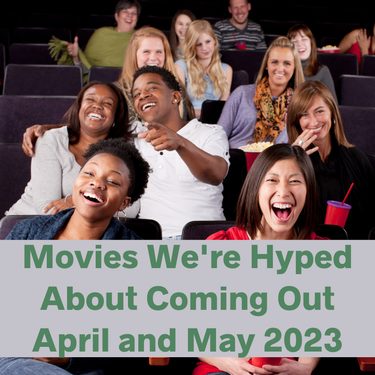

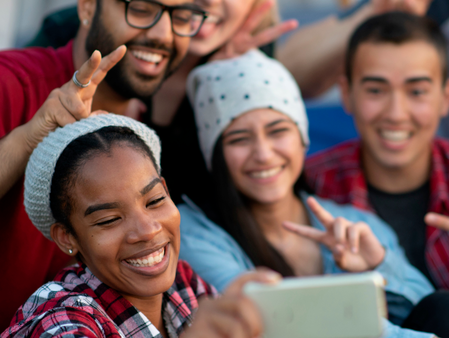
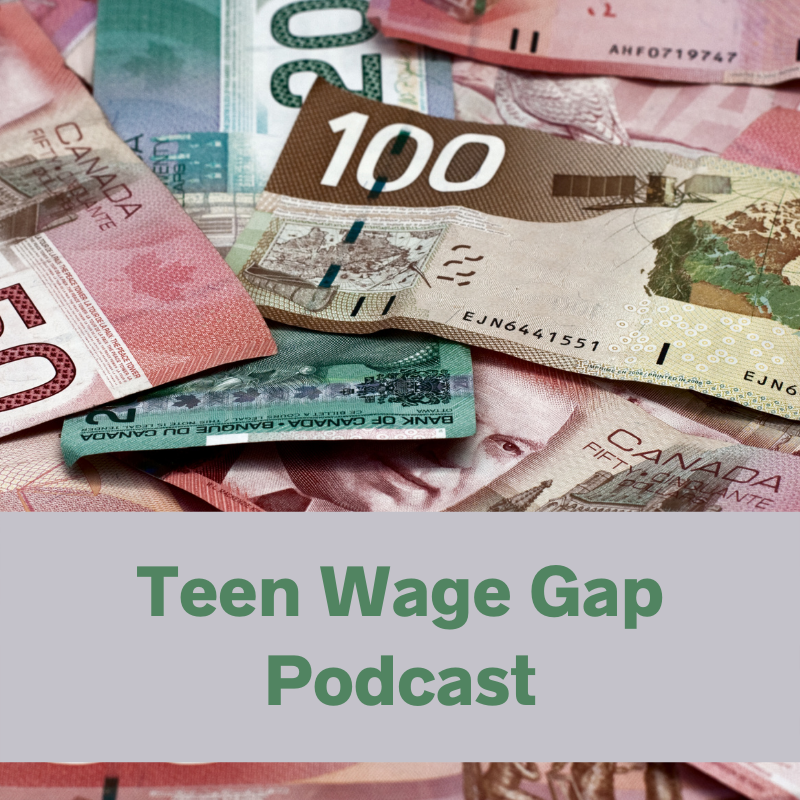
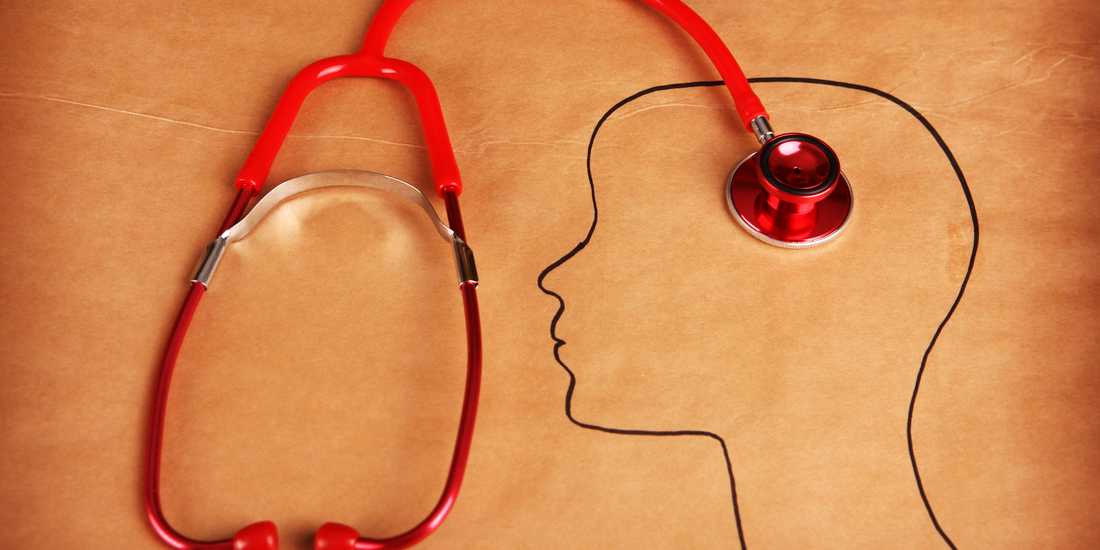
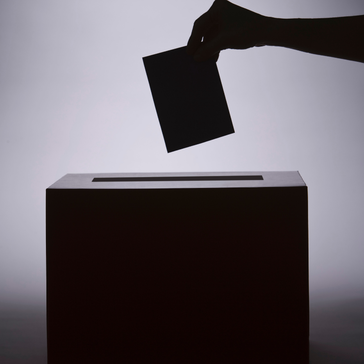
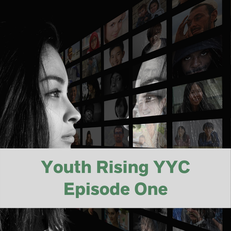
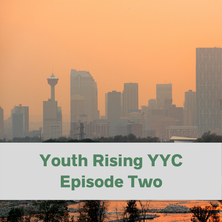
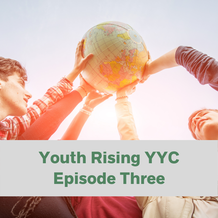
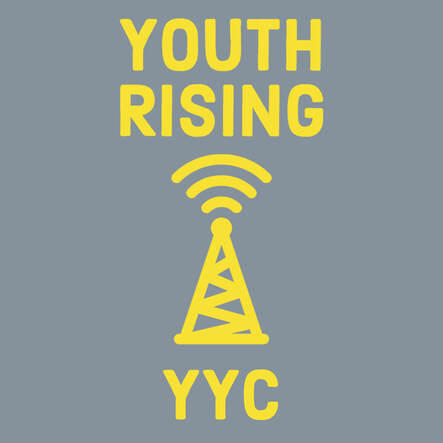
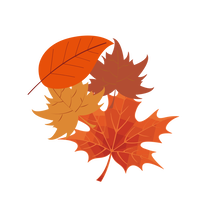
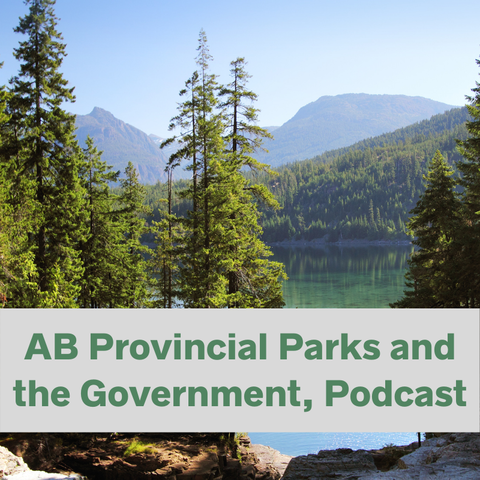
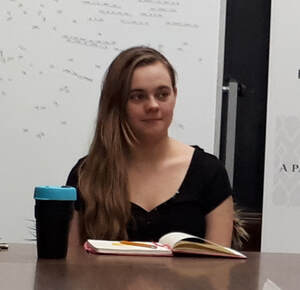
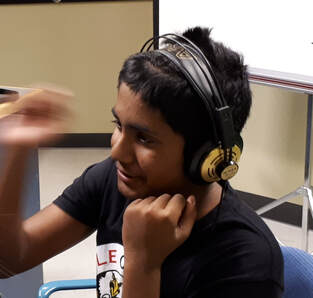

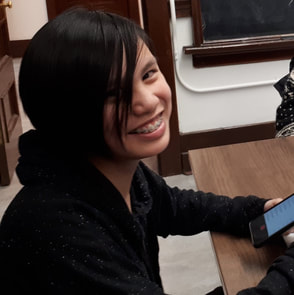
 RSS Feed
RSS Feed